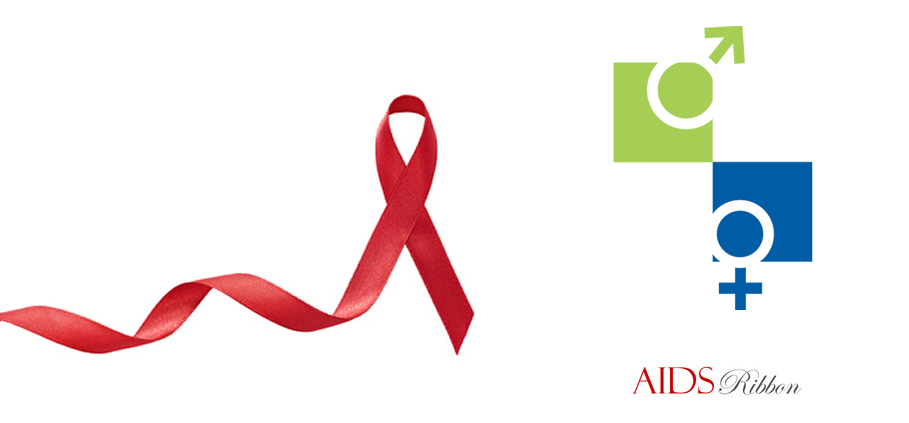Latest News
Women and Health Problems - Taboos
Anastasios D. Kalantzis, Surgeon Urologist-Andrologist
Female urology focuses on the diagnosis and treatment of the woman’s urogenital system. Some of the commonest conditions are:
- Urinary tract infections
- Sexual Dysfunction
- Loose Vaginal Tissue
- Incontinence
- Menopause
Women are in higher risk of developing a urinary tract infection than men, and the main reason for that is the female anatomy. Research has shown that almost 50% of women report having suffered from urinary tract infection at least once in their lifetime. Most women who suffer from cystitis often have infection of the upper urinary system simultaneously. Even among people suffering from diseases that weaken the immune system, such as diabetes mellitus, it is women, rather than men, who run a higher risk of developing asymptomatic bacteriuria. Also girls manifest urinary tract infections more frequently at the age of 2-3 years. Pregnant women are no more prone to getting urinary tract infections than other women, but, due to the hormonal changes in their organism and the relocation of the urinary system the infection can more easily affect the kidneys. They should also be extra careful because, especially in the first term of pregnancy the development of urinary tract infection may cause severe damage to the foetus. This is the main reason why doctors suggest regular urine test during pregnancy.
Female sexuality, which was until recently neglected by the scientific community, is today a significant field of research. The sexuality of women is much more complex than that of men. A significant role in the creation of sexual problems in women during their sexual life is the attitude and behavior of her sexual partner.
The Female Sexual Dysfunction is categorized in two major disorder groups.
- Desire Disorders
- Excitement Disorders
- Orgasm Disorders
- Sexual Pain Disorders
A woman has sufficient desire and arousal and can reach an orgasm when she feels emotionally complete, safe and secure and, at the same time receives and enjoys the respect, interest and sexual desire of her partner.
Menopause is the decline and suspension of estrogens production and marks the end of reproductive period. It is a normal and expected fact in a woman’s life. The result of the hormonal changes is dryness and atrophy of the vagina. There is pain during sexual intercourse and this is one of the main causes of sexual dysfunctions in women. Despite the fact that the vagina loses its elasticity, the ability to reach orgasm remains. Menopause marks a “loss” and a period of “mourning” for that part of the woman’s self that is lost and needs to be redefined.
The “Loose Vaginal Tissue” is both a health problem and a taboo. It concerns women of all ages and directly affects their psychological state and their sexuality. Some of the causes is pregnancy, childbirth, menopause, obesity, smoking, constipation, chronic cough and prior surgical operations (hysterectomy). It occurs when one of the organs of the female pelvis (uterus, urinary bladder etc.) projects or prolapses from the vagina opening. Some women don’t have symptoms, some others feel a “stoppage” sensation in the genital organs area, or a feeling that something prolapses in their vagina. Other symptoms are urinal or excremental incontinence, difficulty in urination, interrupted urine flow, constipation, pain – pressure – irritation in the vagina, vaginal hemorrhage, pain during sexual intercourse, and a tension sensation in the genital area. The surgical treatment of the problem is fast, and the result is spectacular and obvious from the very first moment.
Women are more prone to developing incontinence than men, with the possibilities to increase with age. Incontinence is not a disease, but rather a result or symptom of another medical problem, consequently the focus during the examination of a patient suffering from incontinence is on the identification of the incontinence type and its real cause.
Urine incontinence also has a psychological and social impact on the people who face this problem and has a negative effect in their quality of life. There is a decrease in their social activities, decreased sexual desire, shame, lack of self-confidence, and in many cases depression. Urine incontinence can be cured, and the therapeutic methods vary according to the type of the incontinence and the disease that causes it.




